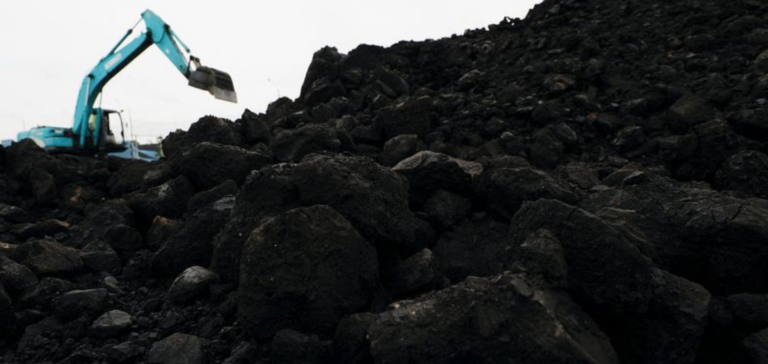Approval for increased production is generally granted to thermal coal producers in Indonesia by the end of September. However, this year it has been delayed, causing concern among miners as to whether it will be obtained. Two Indonesian traders have expressed their concerns in this regard.
Government approval details
Thermal coal producers in Indonesia usually submit their production plans, known locally as RKAB, around November-December for the coming year. They also have the option of revising their production target by July of the following year. To implement their revision plan, miners need government authorization, without which they cannot produce or sell more fuel than they initially declared.
Impact on the thermal coal market
According to an Indonesia-based trader, the government has granted permission to some of the major coal producers, including PT Jhonlin Group, Bayan Resources, PT Borneo Indobara (BIB) and PT Insani Baraperkasa for additional production in November-December. A Bayan representative confirmed this information to S&P Global, while another representative from Golden Energy Mines, which holds a majority stake in PT Borneo Indobara, also confirmed the news, adding that they had received approval for 6 million tonnes. “We already have bookings for around 4 million tonnes, which we will try to fill now, and for the remaining volume we will first assess the demand situation and act accordingly,” the representative added.
However, the Bayan representative did not comment on the approved volume. The other two mining companies did not respond at the time of publication, while a representative of the Ministry could not immediately be reached. Several other Indonesia-based sources have indicated that the government is likely to issue more permits in the coming days.
Outlook for the future
This decision comes against a backdrop of existing supply shortages due to the lack of additional production quota and uncertainties regarding the supply commitments of several miners. As a result, many producers, including some of the largest, were also heard to delay shipments as they were about to exhaust their existing production quota.
This measure also comes at a time when demand from the main consumer, China, has slowed considerably, causing auction levels to fall from where they were a week ago. As a result, Indian buyers were also told to expect a price correction. Bids for Kalimantan coal at 4,200 kcal/kg GAR were set at $56.50/t FOB and $58/t FOB on a Supramax basis for November-December cargoes on November 1, compared with $62.50/t FOB for November cargoes a week ago. The average price of Kalimantan coal at 4,200 kcal/kg GAR was $60.32/t in October, compared with $53.53/t in September, according to Platts data from S&P Global Commodity Insights.
If the downward trend in demand from China continues, it will probably offset the impact of supply constraints that supported prices until last week, an Indonesian trader mentioned earlier. However, the trader believes that the recent development will certainly help to alleviate the ongoing supply shortage in Indonesia.
Increased approval for thermal coal producers in Indonesia should help ease the country’s supply shortage. However, falling Chinese demand and uncertainties over supplies will continue to weigh on the thermal coal market.






















